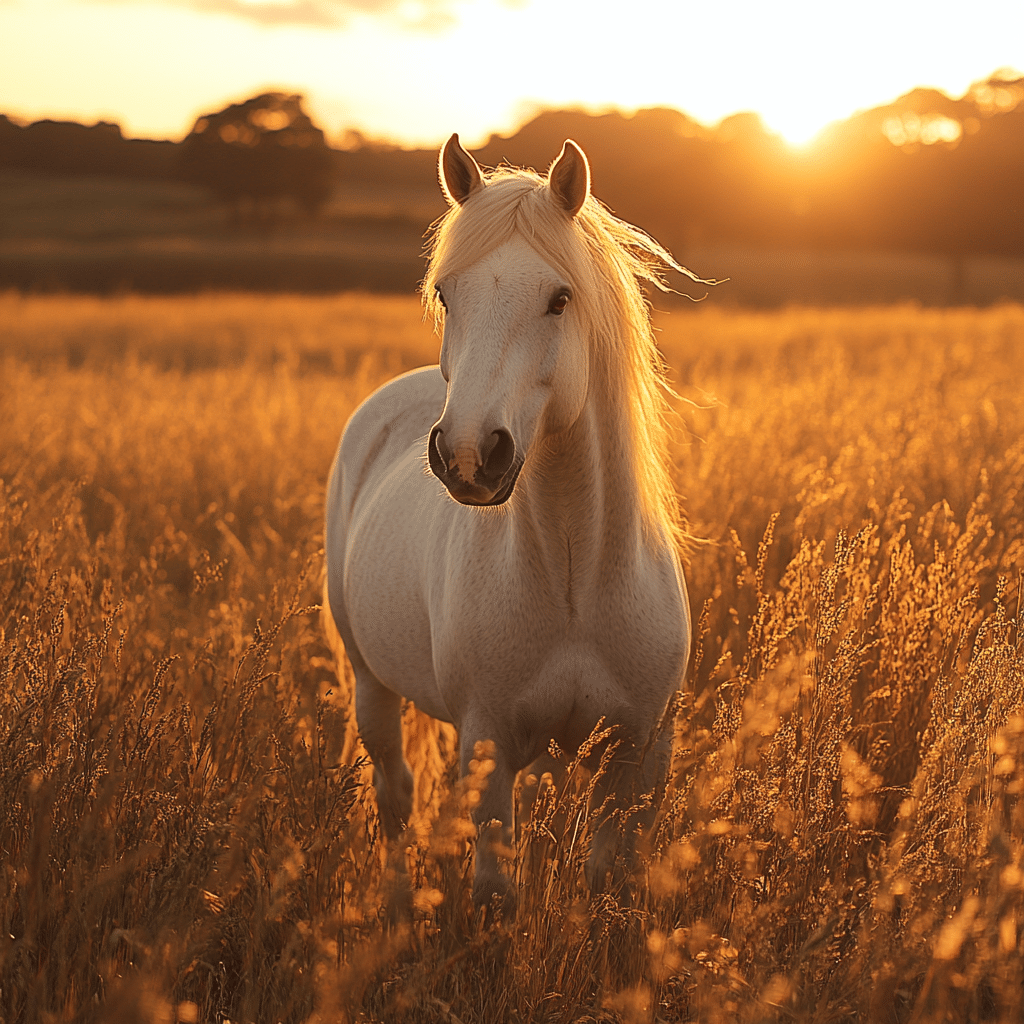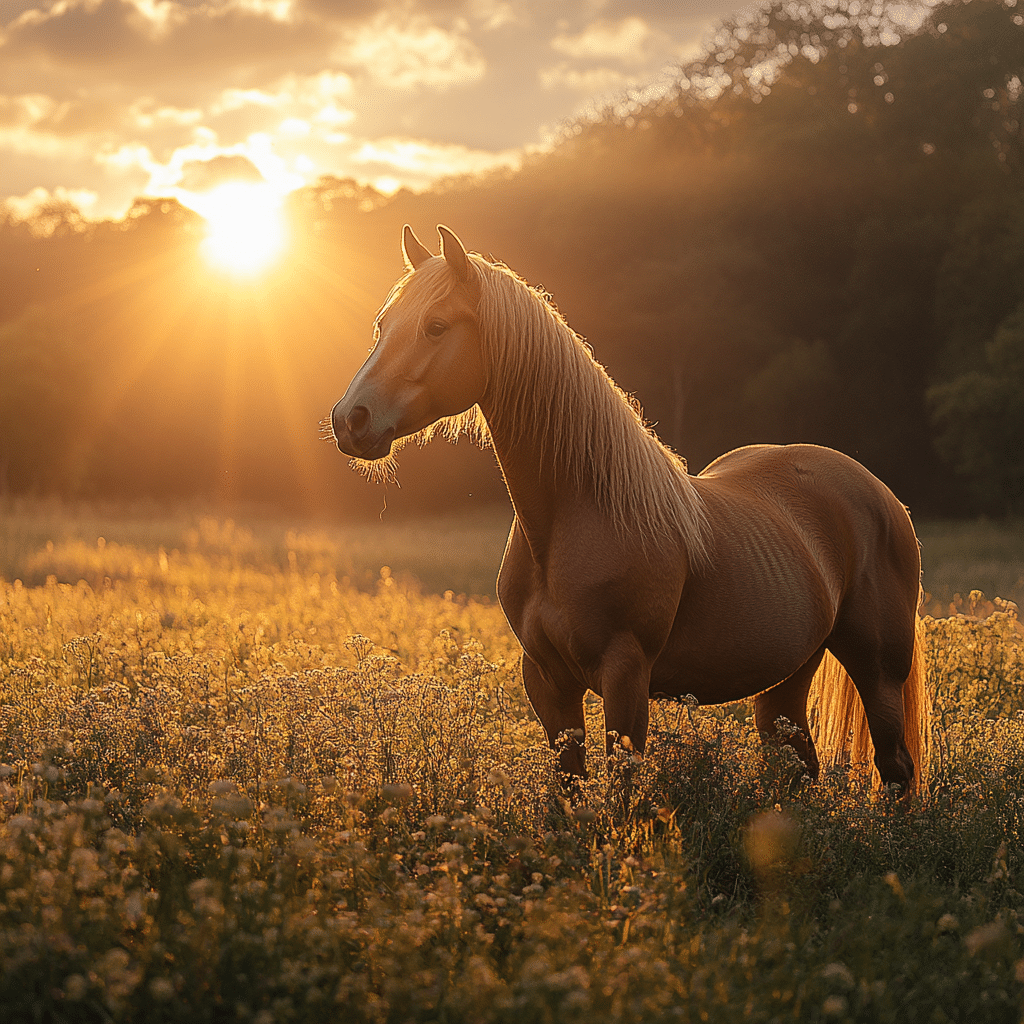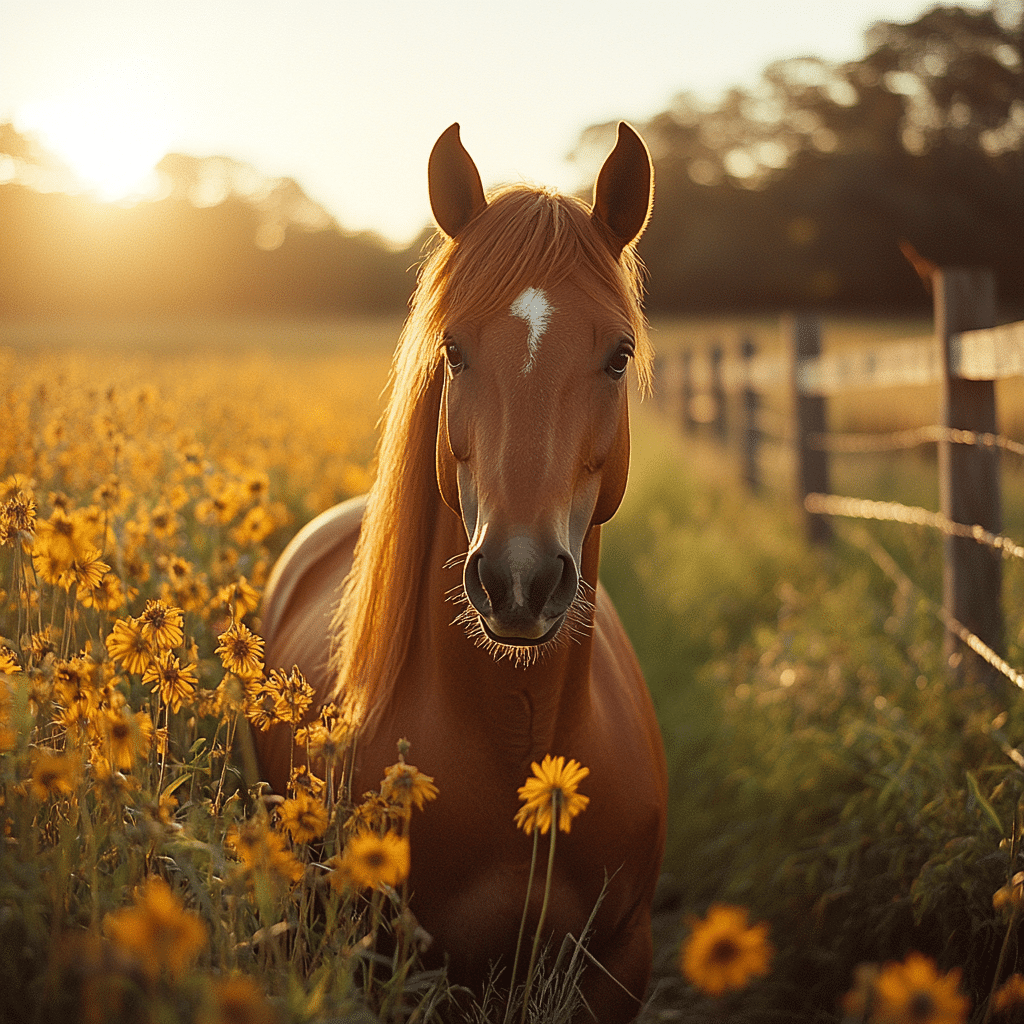When thinking about how long can horses live, it’s essential to understand the various factors that play a role in their lifespan. On average, horses live between 25 to 30 years, but some have been known to reach their late 30s or even early 40s with proper care. Just like people, a horse’s life can be significantly affected by breed, genetics, nutrition, healthcare, exercise, and living conditions. Let’s dive into what makes the lifespan of these magnificent animals unique compared to other pets.
Top 5 Factors Influencing Horse Lifespan
1. Breed and Genetics
Different horse breeds come with different lifespans. For instance, Arabian horses are famous for their longevity, often living into their mid-30s. In contrast, larger breeds like Clydesdales typically have shorter lifespans, averaging around 20 to 25 years. Genetics also plays a significant role; horses from strong lineage can live healthier lives.
2. Nutrition and Diet
A horse’s diet greatly influences its overall health and longevity. Proper nutrition that includes hay, pasture, grains, and essential supplements can help horses thrive. For example, the Thoroughbred, with an average lifespan of about 25 years, thrives on a balanced diet that supports muscle health and energy levels. Neglecting dietary needs can lead to serious health issues and shorten their lifespan.
3. Healthcare and Regular Veterinary Check-ups
Just like any pet, horses require consistent veterinary care to live long, healthy lives. Regular check-ups for vaccinations, dental care, and parasite control are crucial. Horses that receive proactive care can dodge many health problems that might otherwise shave years off their lives. It’s not just about treating illness; it’s about preventative measures that safeguard their well-being.
4. Exercise and Workload
Exercise isn’t just a requirement; it’s a way of life for horses. Horses engaged in moderate, controlled activities maintain their weight and muscle tone better. Take the New York Police Department’s mounts, for instance. These police horses receive regular exercise, which helps them stay healthy well into their late 20s. It’s important to find a balance; overworking horses can lead to injuries that might cut their lifespan short.
5. Living Environment
Last but certainly not least, the environment where a horse resides plays a massive role in its lifespan. Horses that are kept in clean, spacious areas with opportunities for social interaction generally live longer, more satisfying lives compared to those confined to cramped or messy spaces. The saying “you are what you eat” can apply to their living conditions, too; a happier horse is a healthier horse.

How Long Do Horses Live Compared to Other Pets?
To grasp how long horses can live, we can compare their lifespan to some other popular pets.
By understanding these comparisons, it becomes clear that horses, with the right management, can enjoy longer lives compared to many common pets.
Unique Aspects of Equine Lifespan
Horses also possess unique traits that influence how long they can live. For one, they’re inherently social beings. Their need for companionship significantly impacts their mental health, which, in turn, relates to their physical well-being.
Another fascinating aspect is their adaptable diet, which allows them to thrive in various environments. As long as their nutritional needs are met, they can adjust to different foraging conditions. This adaptability means that horse owners can be creative in finding the best feeding practices depending on their situation.
Moreover, their behavior as herd animals emphasizes the importance of social interaction. Horses monitored within a community tend to exhibit less stress and overall improved health, directly contributing to a longer lifespan.

Innovative Insights into Horse Care
As we look toward the future, exciting innovations in horse care are emerging. Technologies such as wearable health trackers allow owners to monitor their horses’ heart rates and activity levels. Equine gear like Horse Pal is leading the charge, alerting owners to potential health issues before they escalate into serious problems.
Additionally, advancements in genetics and health screening are offering new insights into ensuring horses live long, healthy lives. Better understanding of hereditary conditions among certain breeds can lead to more informed breeding practices, supporting overall equine health.
A New Perspective on Lifespan
Considering all these factors, it becomes clear that understanding how long can horses live goes beyond mere statistics. Each year added to a horse’s life is a reflection of the care and bond developed between horse and human. By focusing on proper care—be it nutrition, housing, or healthcare—owners can enhance not only the lives of their horses but also their enjoyment of companionship.
So, when pondering this extraordinary animal’s lifespan, remember: it’s a journey filled with love, learning, and commitment, just waiting to be cherished. After all, every moment with a horse is worth it, and the time shared can be as fulfilling as the years counted.
How Long Can Horses Live: Fun Trivia and Interesting Facts
Horses, often called “the gentle giants,” can live surprisingly long lives compared to many other animals. On average, horses live about 25 to 30 years, but some, like the oldest recorded horse, named Old Billy, lived to a remarkable age of 62! It’s incredible, right? Just like traveling from Boston to New York by bus, where you might encounter various landscapes, each horse’s life journey varies significantly, influenced by breed, care, and environment. Racing breeds, like Thoroughbreds, may taper off earlier, while others, such as Shetland Ponies, can sometimes hit their 40s.
Lifespan Factors
Numerous factors come into play when considering how long can horses live. Excellent veterinary care, a proper diet, and regular exercise can all contribute to longevity. Just as some horse owners keep a close eye out for signs of most common site melanoma in grey horses, they also realize the importance of early detection and ongoing health maintenance. Contrary to the common misconceptions that larger animals generally have shorter lifespans, these dedicated creatures often surprise us, much like the unexpected twists found in the Hunger Games series.
Fun Facts to Chew On
Now, let’s sprinkle in some quirky trivia! Did you know the average weight of a horse can be around 1,000 pounds, which is approximately 7 lb kg? That’s quite the hefty animal! Furthermore, just like how people enjoy picking their favorite films, horse enthusiasts often cherish specific breeds that reflect their personalities. And get this: horses also have unique personalities, which means no two are alike—almost like humans! If you’ve ever found yourself watching a classic horse film, perhaps Rio Lobo might ring bells, showcasing their incredible bond with humans.
In the end, as horse lovers know, keeping these majestic animals healthy might sometimes require more than just good hay and a stable; care supplements like Dermaquin can make a difference too. So, the next time someone asks how long can horses live, you can impress them with all this interesting trivia and facts—they are indeed extraordinary creatures, capable of joyful companionship for many years!



